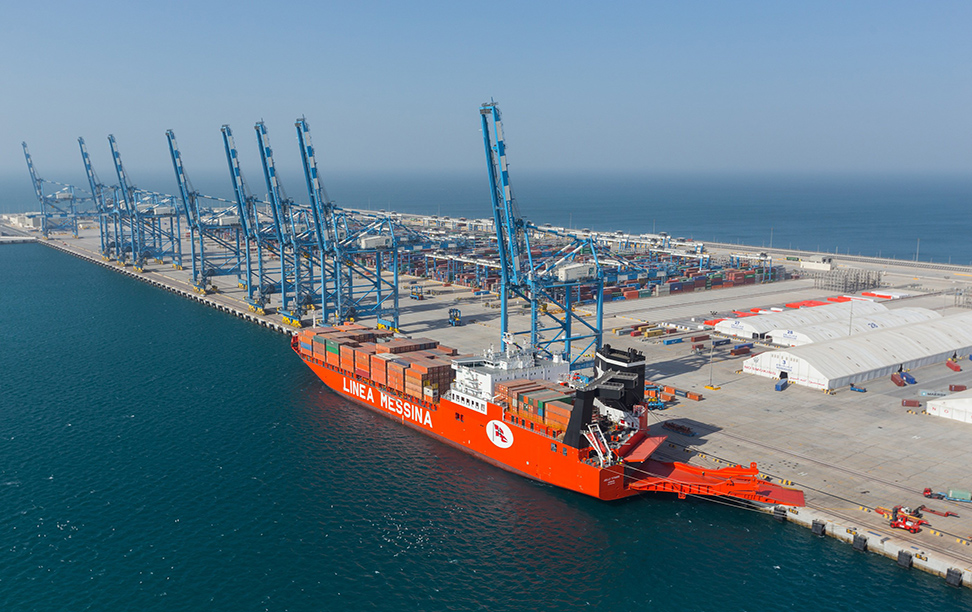December 21, 2023 (MLN): The All Pakistan Textile Mills Association (APTMA) expressed deep concern over the dismal state of the power sector and emphasized the dire need for power tariff rationalization to prevent further economic deterioration, the press statement issued by the association said today.
ATPMA also extended its gratitude to the Federal Minister for Energy Mr. Muhammad Ali he has taken cognizance of the high power tariffs and their negative fallouts and has taken up the task of restructuring power tariffs that have prompted a country-wide wave of deindustrialization.
Furthermore, APTMA urged him to expedite the reform process considering the gravity of the situation.
Power consumption of APTMA member firms was down 37% year-on-year in October 2023 across all DISCOS.
Similarly, power consumption for the first 20 days of December 2023 has declined by 26% year-on-year for industrial consumers and by 8% for domestic consumers on the LESCO network, driven by a decline in high-end domestic consumption.
This dramatic decline in power consumption is the direct result of irrational decision-making in the power division that has pushed power tariffs to levels where neither industrial nor residential consumers can sustain their levels of consumption and demand for power is becoming increasingly elastic to prices.
In export-oriented sectors, production is not feasible at current power tariffs that are almost twice the average faced by competing firms in regional economies like India, Bangladesh and Vietnam.
Economic inefficiencies like cross-subsidies and stranded costs embedded in power tariffs cannot be passed on to international consumers who have several lower price alternatives available to them in international markets, thus rendering Pakistan’s exports uncompetitive.
For domestic industries, the power sector’s rationale—as indicated in various documents including the DISCOs’ petitions on the determination of UoSC/Wheeling Charges—is that these industries can pass on the high electricity costs to their respective customers.
However, the economy has witnessed and continues to witness unprecedented inflation of as much as 40% that—in part driven by increasing energy prices—has severely eroded purchasing power.
"On one side, power tariffs are being increased for domestic sectors and on the other side they are also being forced to bear the impact of higher energy prices for industrial consumers in everything they purchase", the statement reads.
As a result, a severe reduction in demand for domestically produced goods has forced large production cuts and reduced industrial power consumption, causing loss of employment and further reductions in purchasing power.
The fall in the domestic sector’s power consumption is all the more worrying because it is driven by a fall in the power consumption of high-end domestic consumers.
Given that industrial and high-end domestic consumers are major contributors to power sector revenue, especially the inter- and intra-DISCO cross-subsidization, this decline in consumption is expected to cause huge losses to an already financially unsustainable and debt-ridden power sector.
These losses will necessitate a high Quarterly Tariff Adjustment (QTA) for Q2FY23, thereby further increasing already-high power tariffs that are responsible for the decline in consumption in the first place.
"Based on prevailing consumption trends, our estimates suggest that the QTA for Q2FY23 will be approximately Rs. 6/kWh, taking the total power tariff for industrial consumers to approximately Rs. 54.5/kWh (19.5 cents/kWh), not including the various duties and taxes," it further reads.
The association suggested that there should be no doubt that such a high power tariff will further accelerate the pace of economic deterioration, leading to a drastic reduction in industrial activity and the loss of millions of jobs.
Irrational power tariff policies have created a vicious cycle of high power tariffs causing consumption to decline, necessitating further hikes in the power tariff that further reduce consumption and so on.
"If we continue on this trajectory, electricity tariffs will soon reach Rs. 100/kWh, consumption will continue to fall and even then, power tariffs will need to be increased," the association stated.
APTMA also expressed strong support for the Minister’s efforts on tariff restructuring and strongly urged him to expedite this process to stimulate the export sector and prevent further deterioration of the economy.
Copyright Mettis Link News
Posted on: 2023-12-21T23:34:18+05:00







